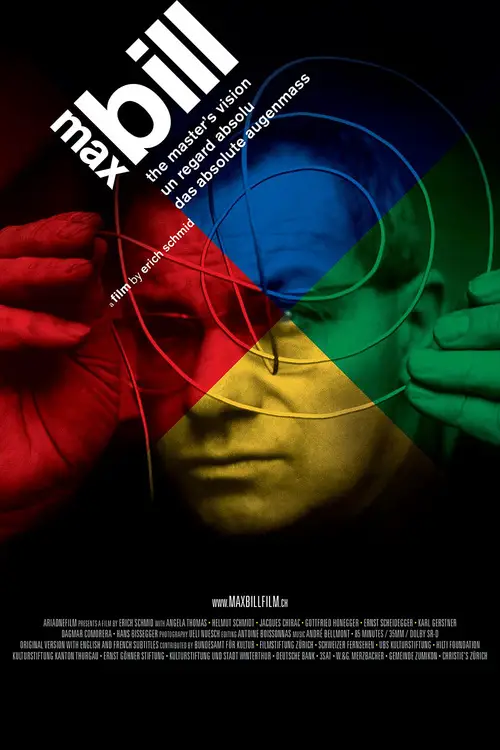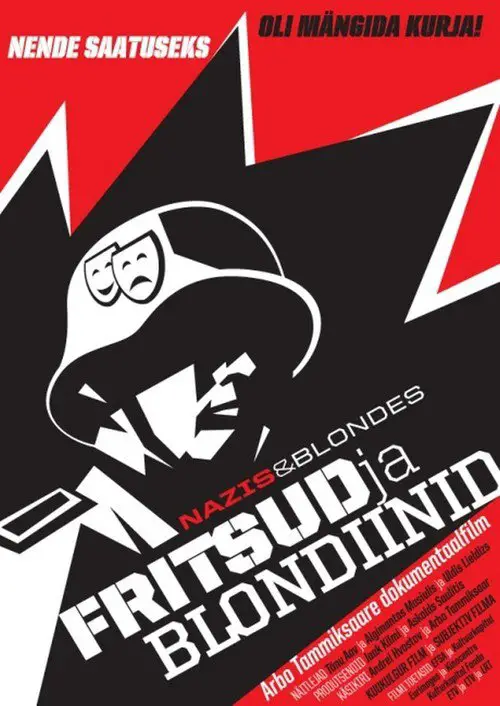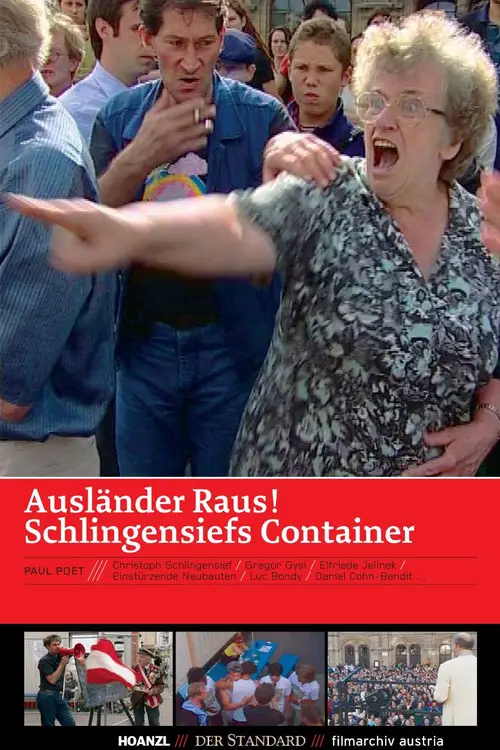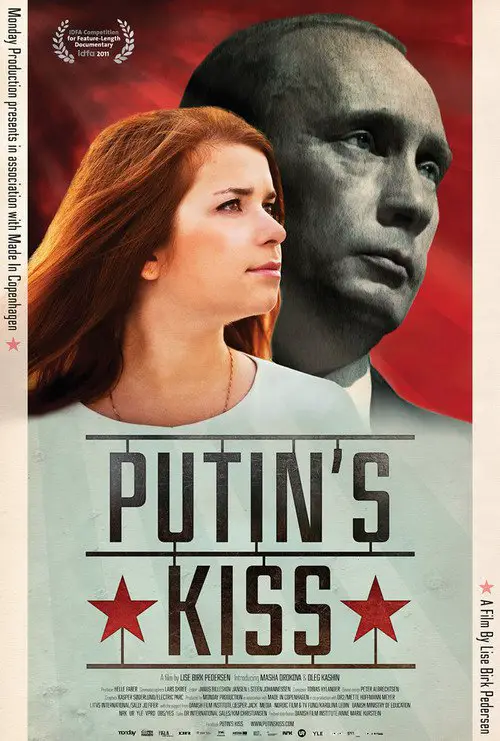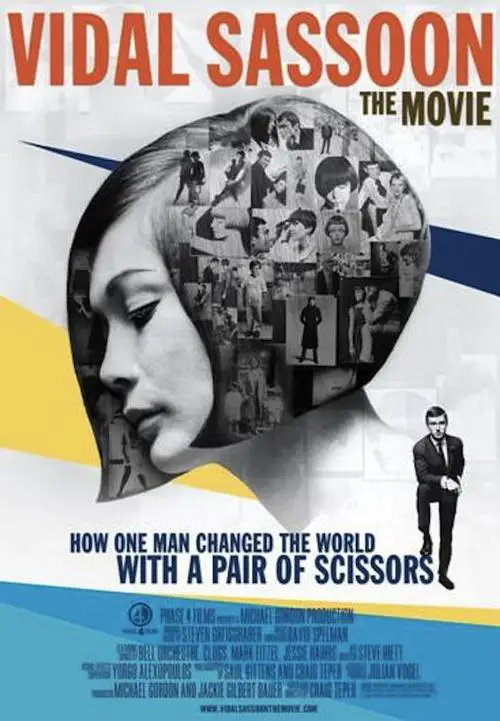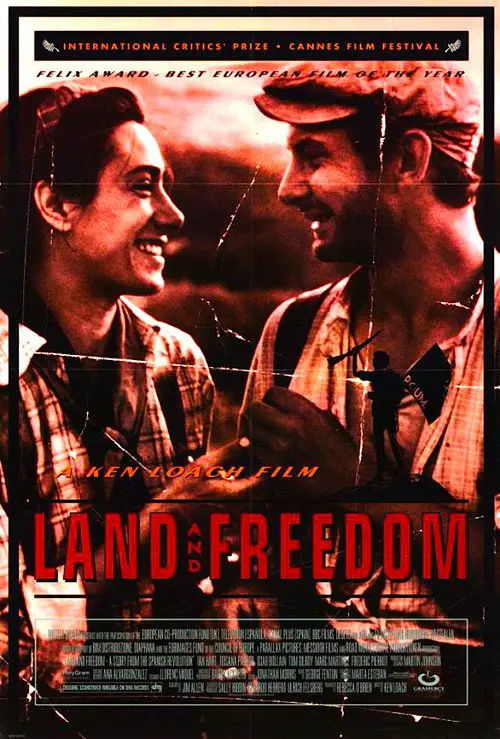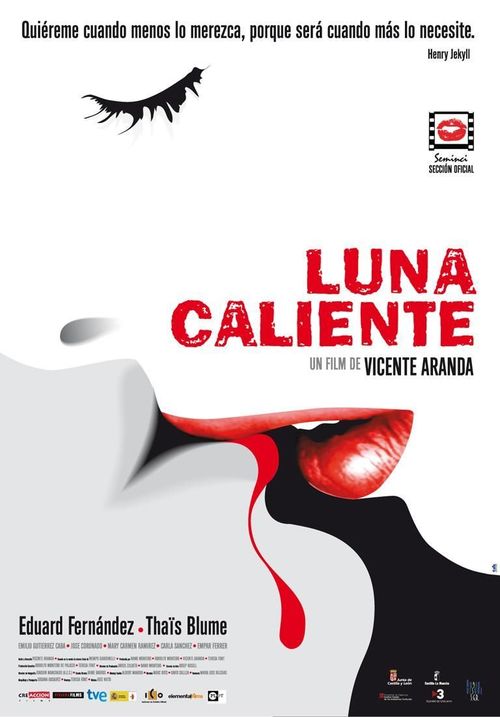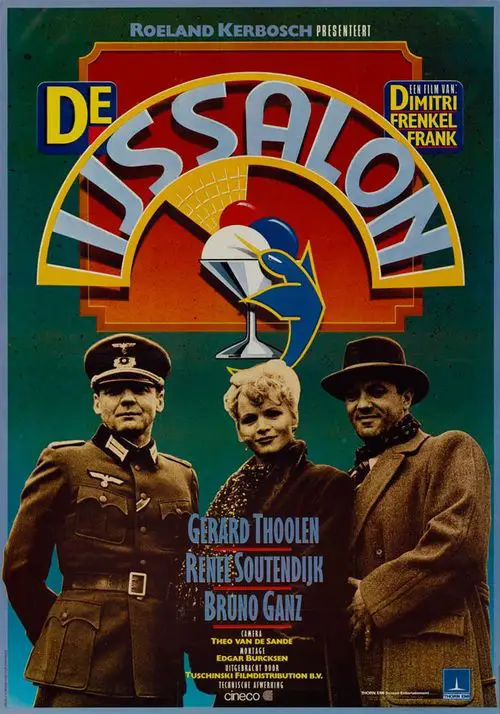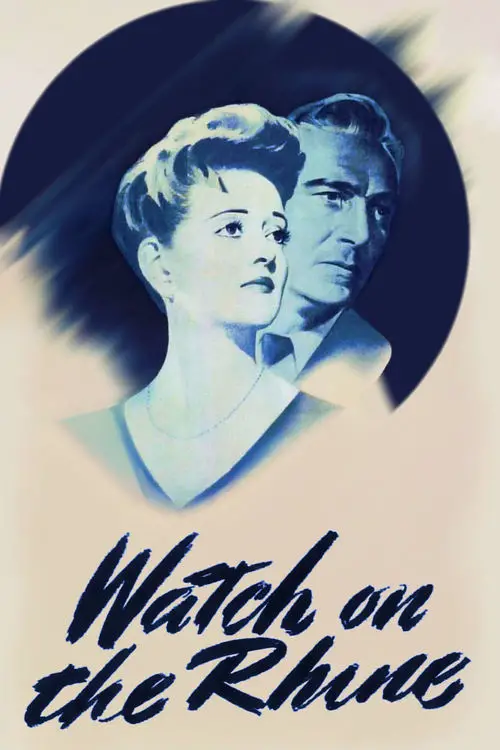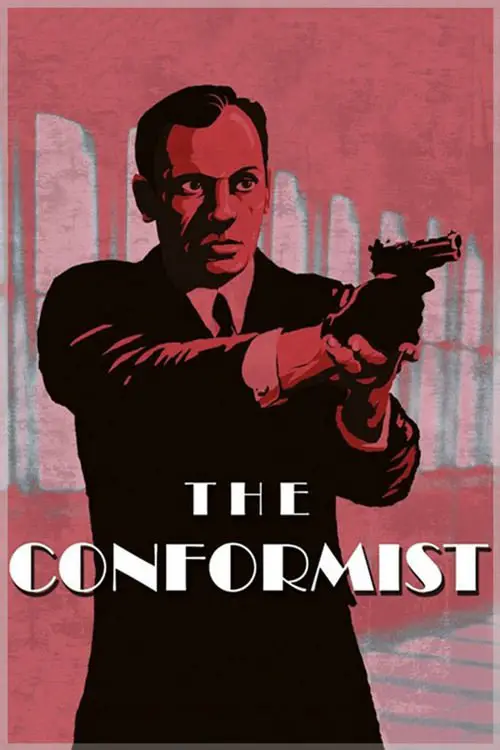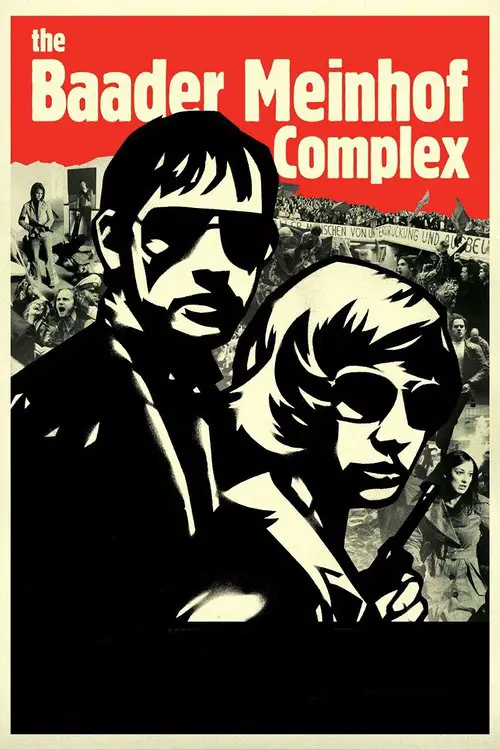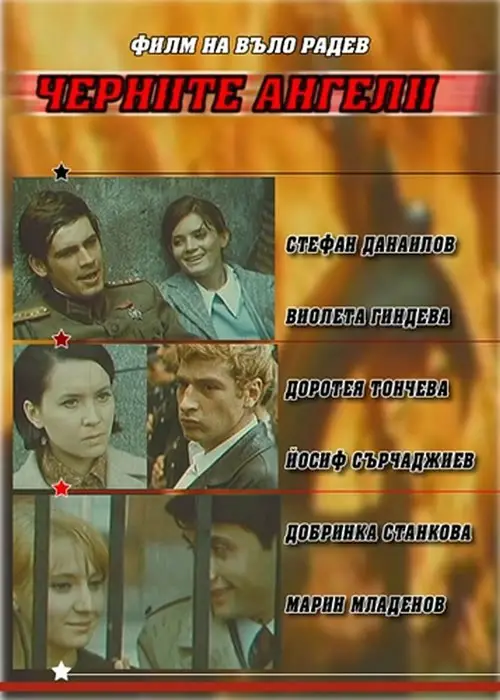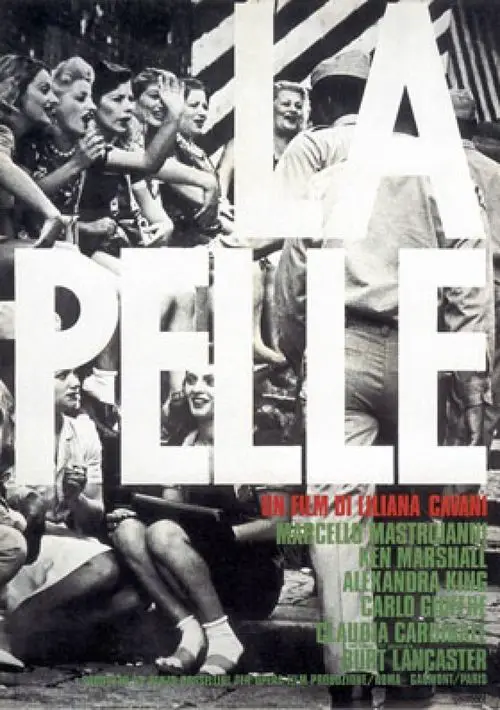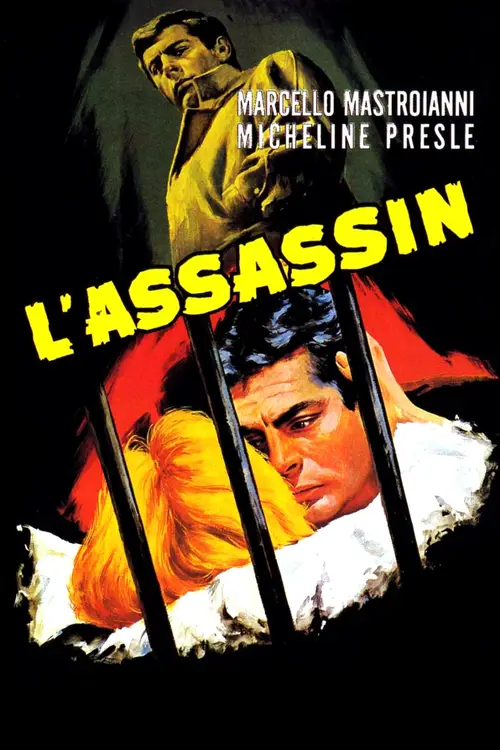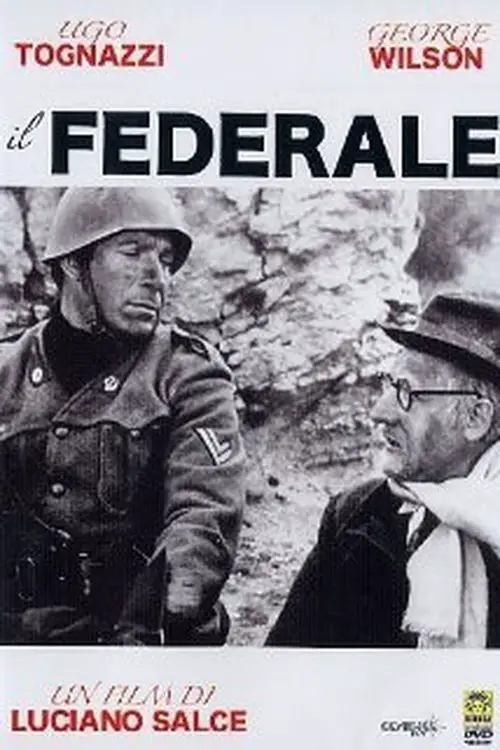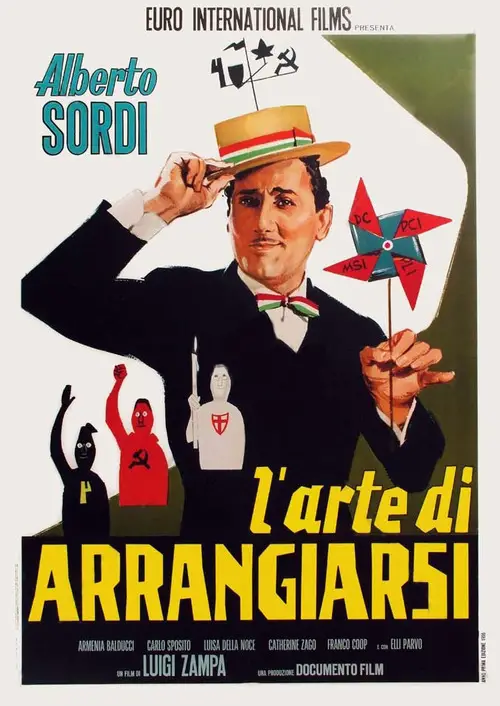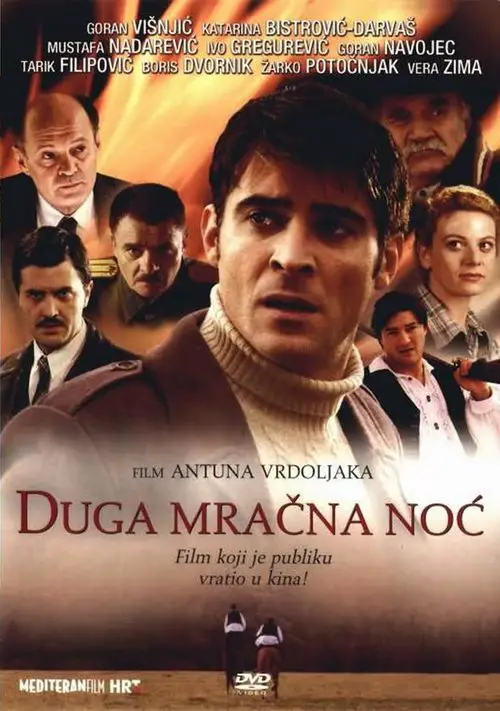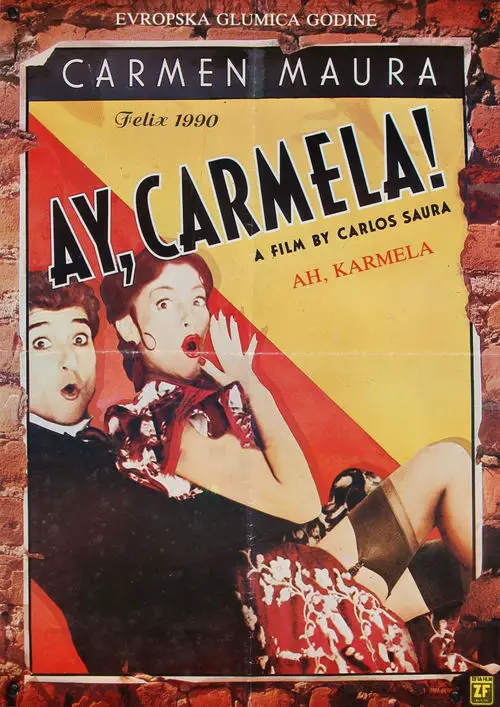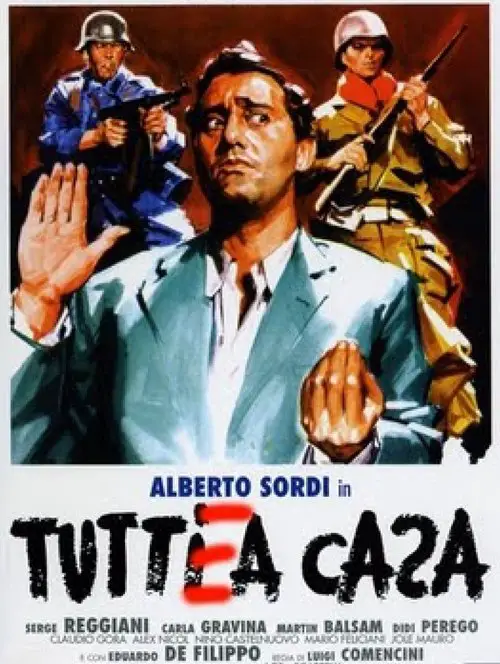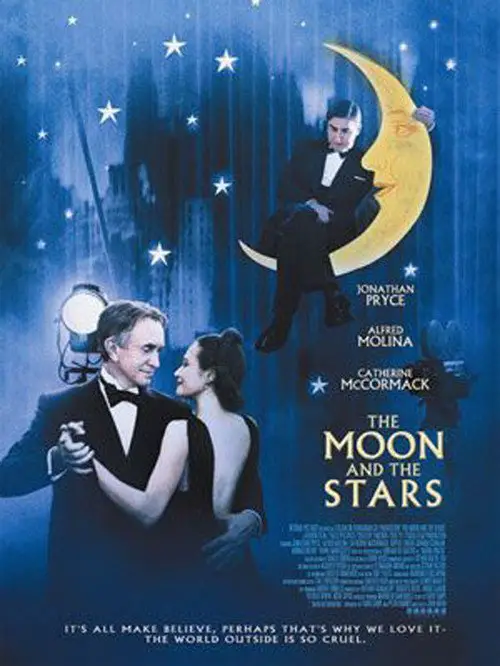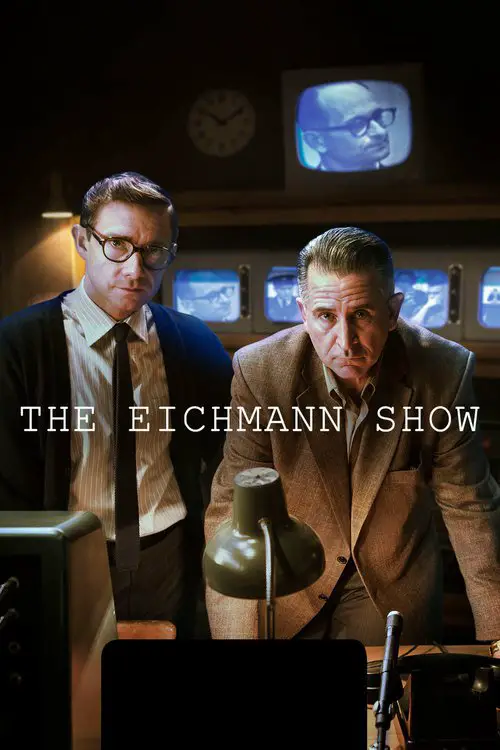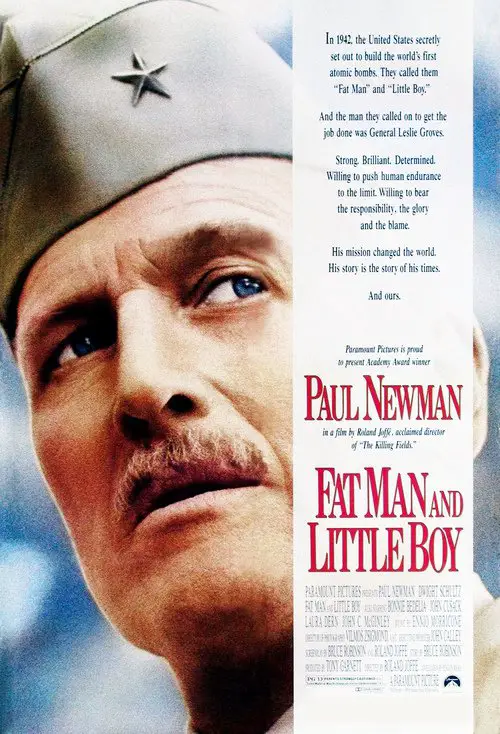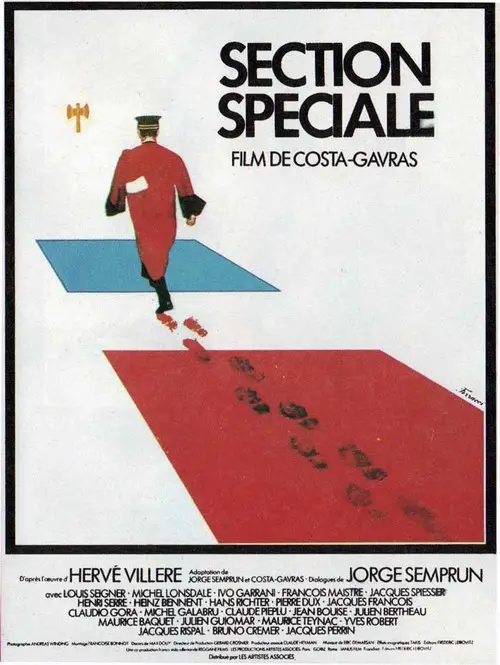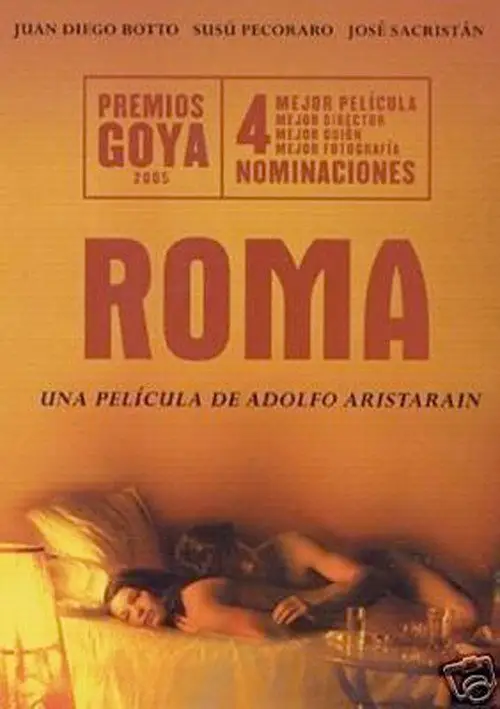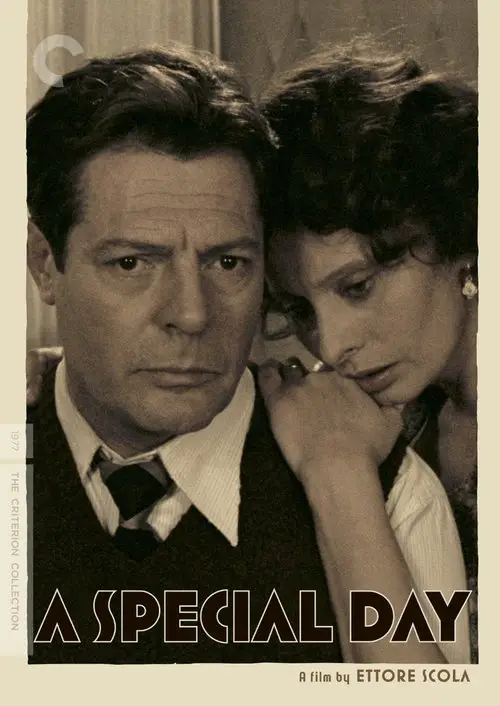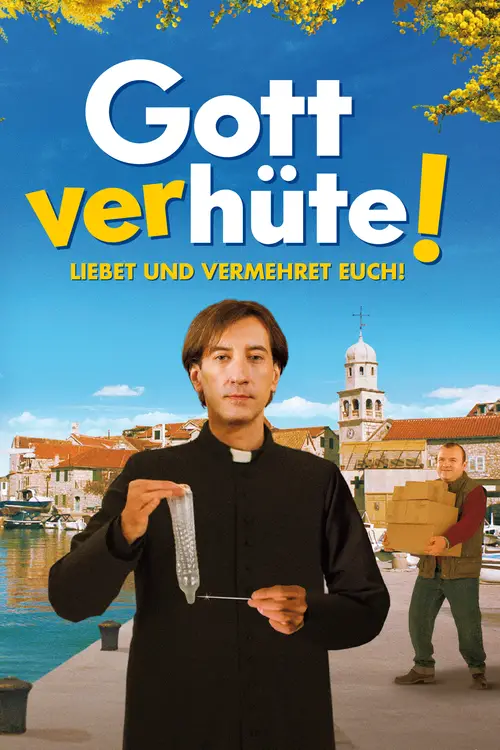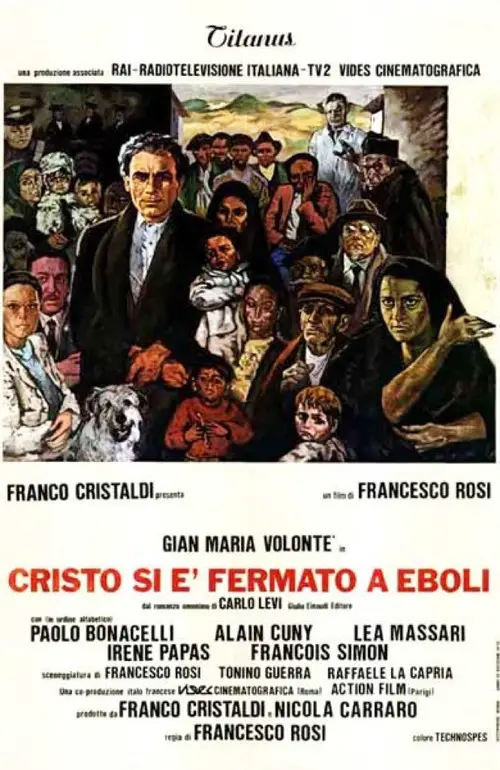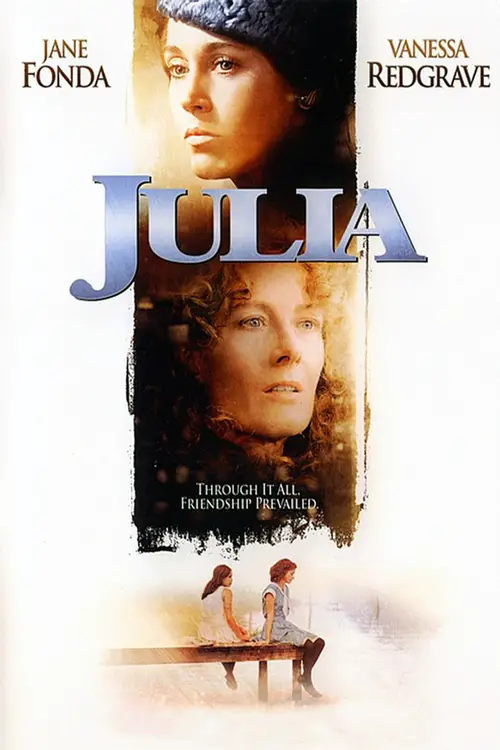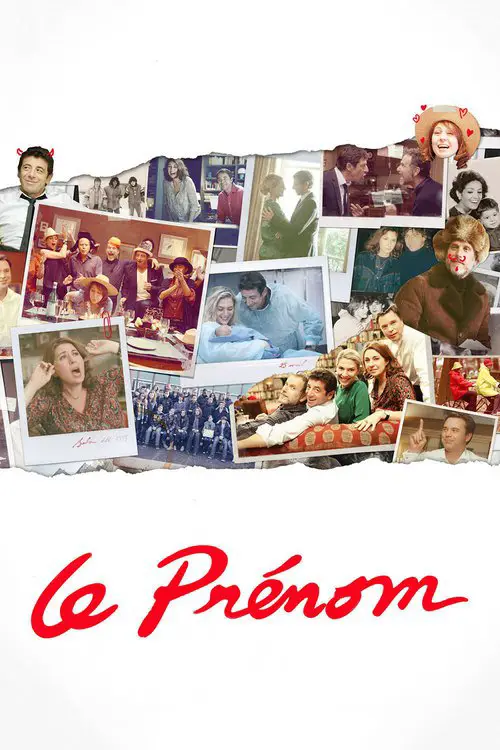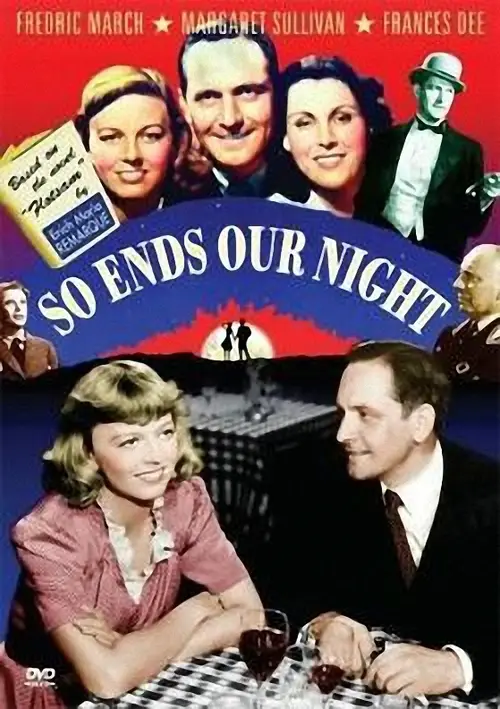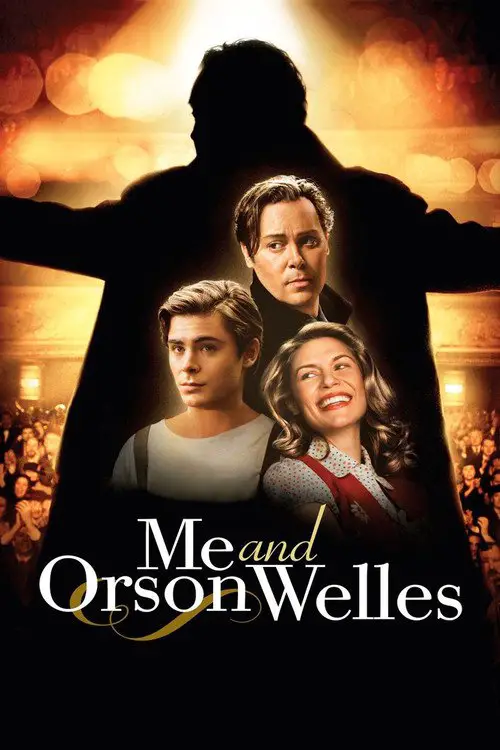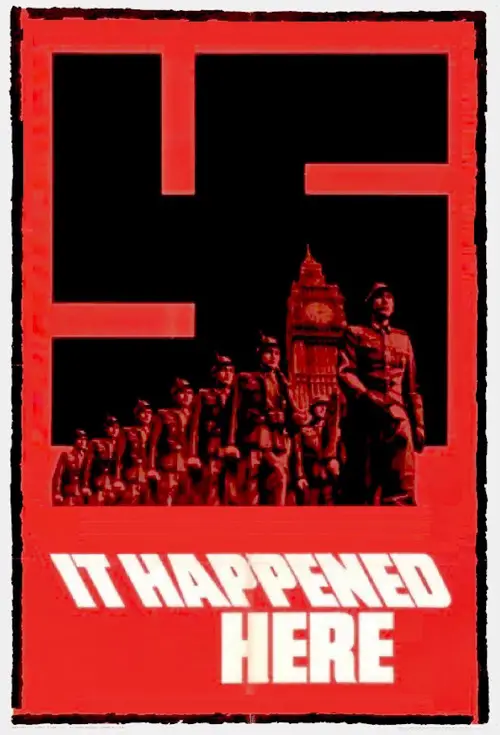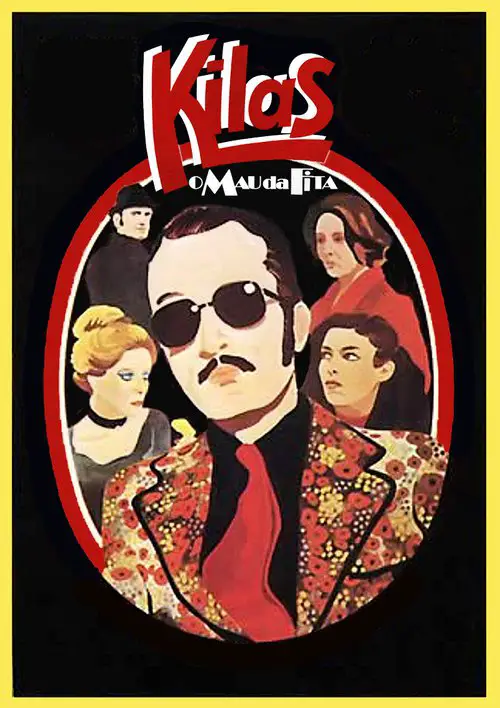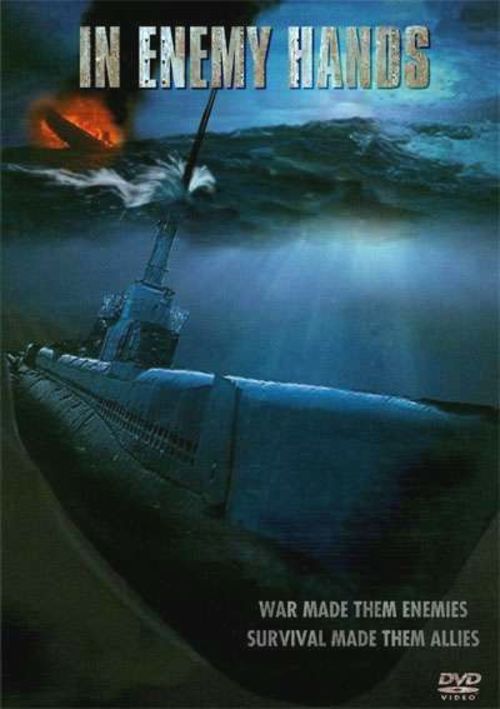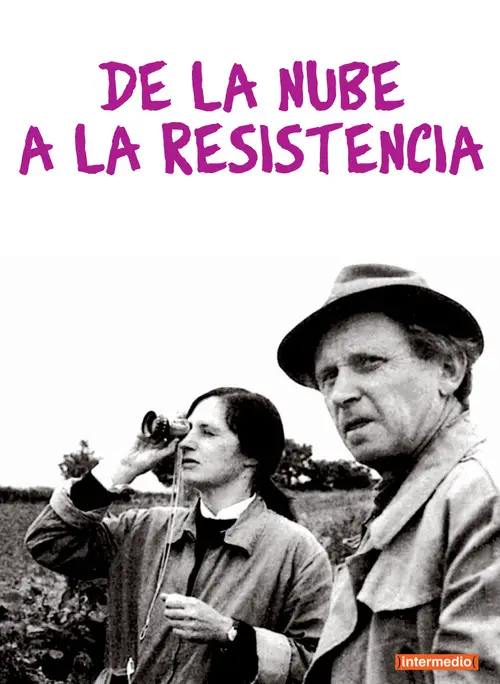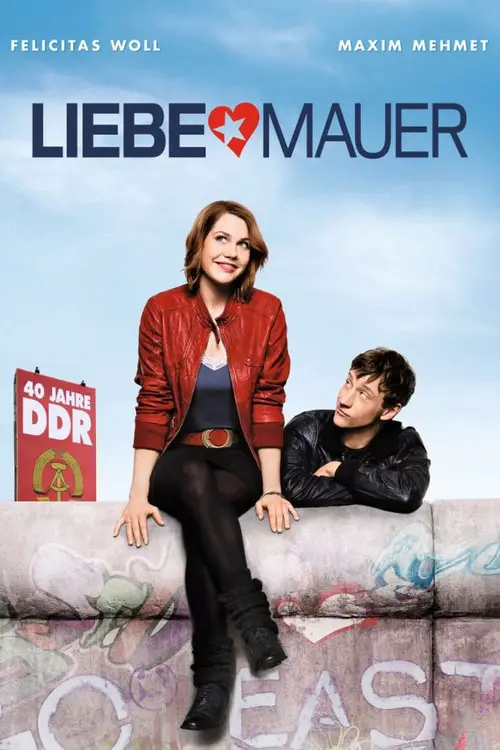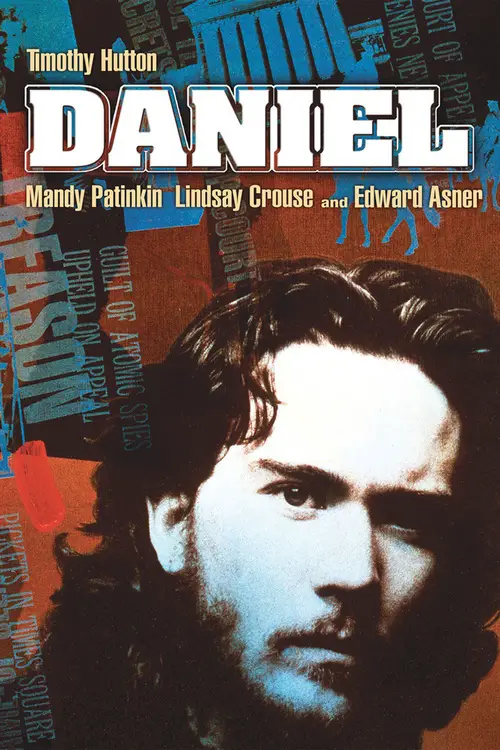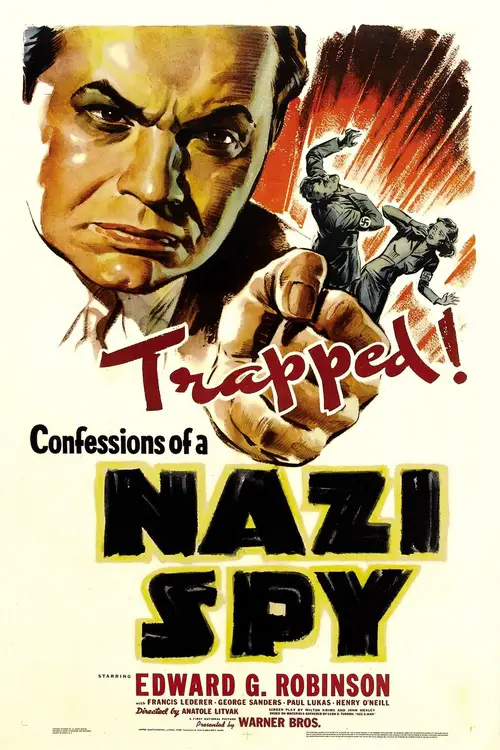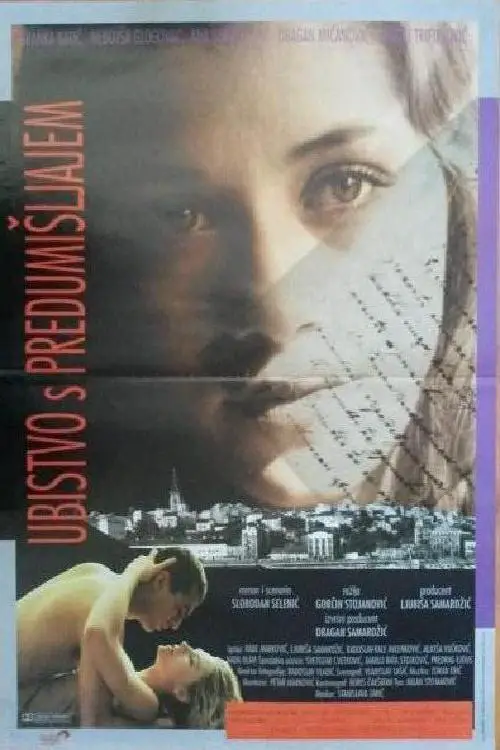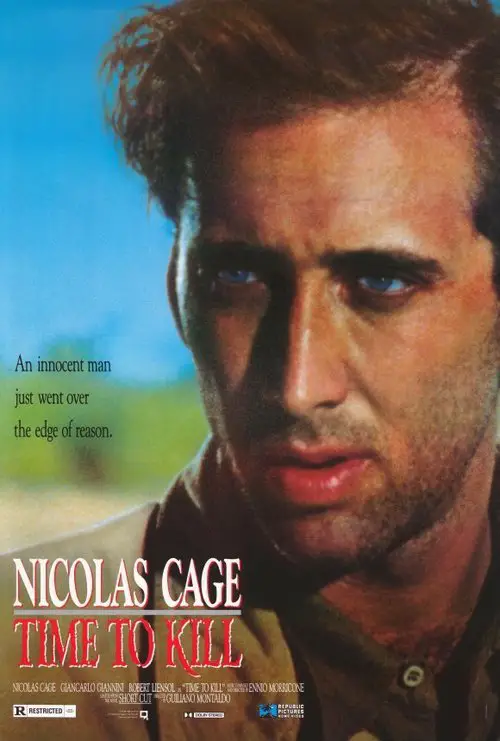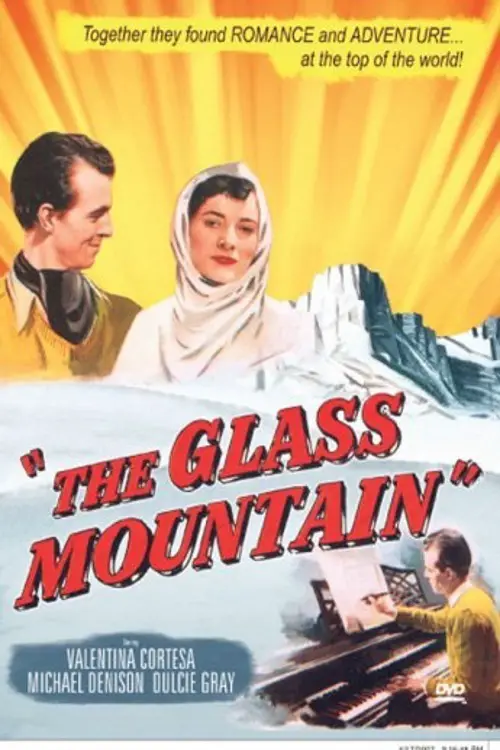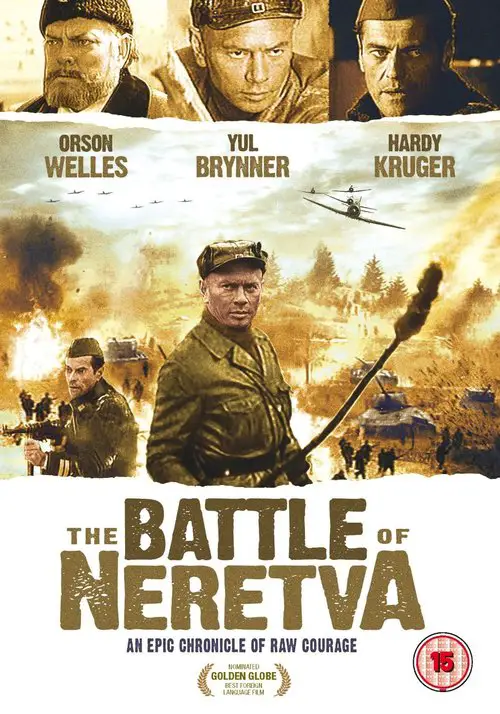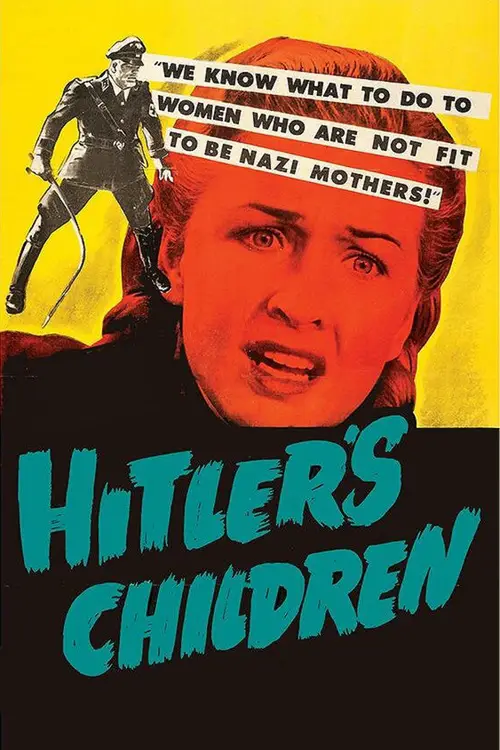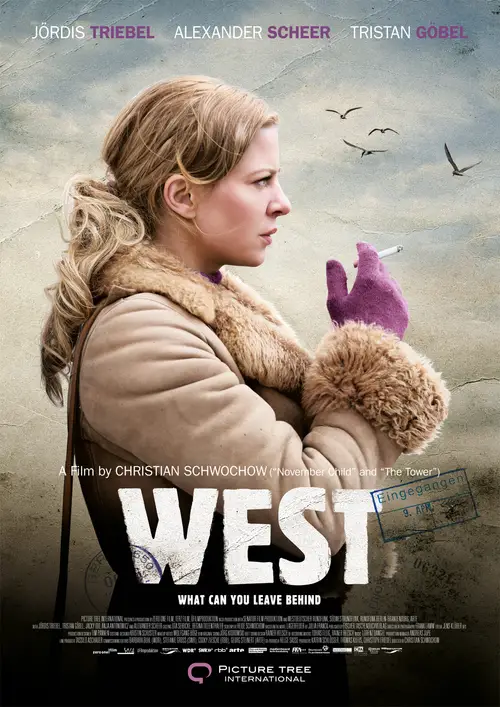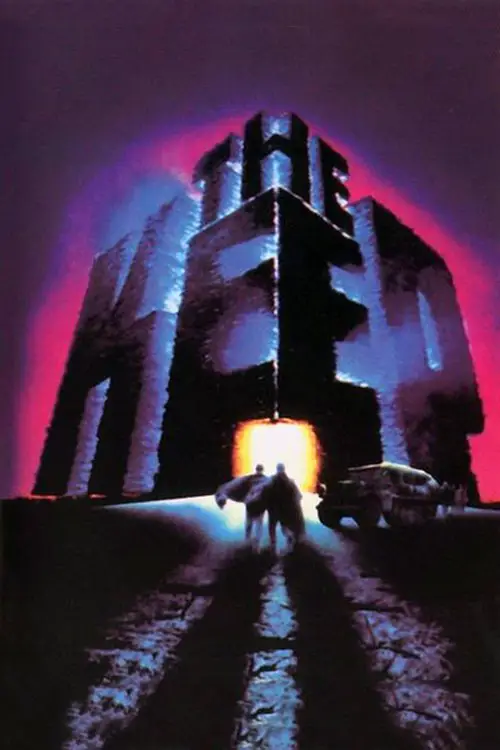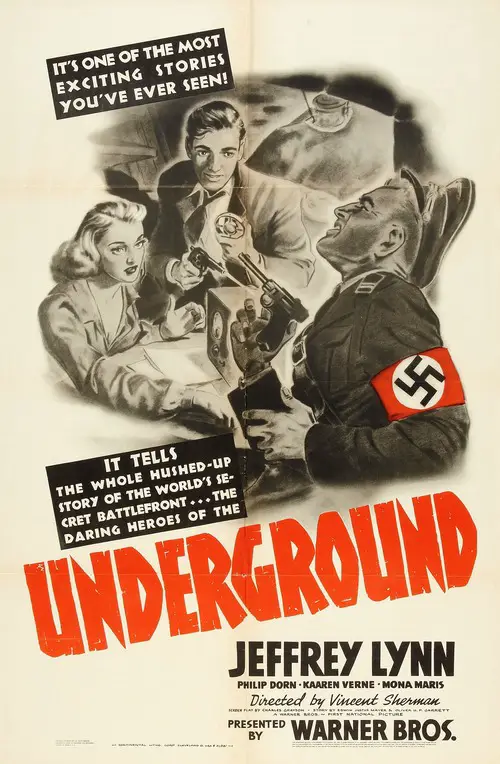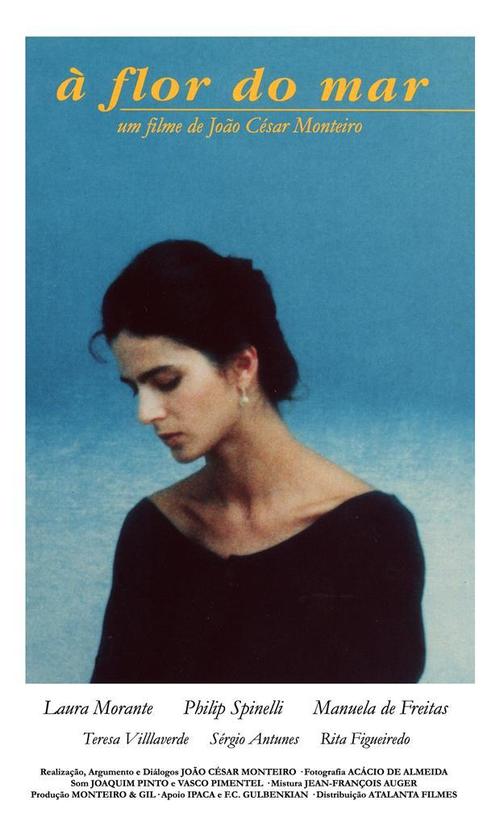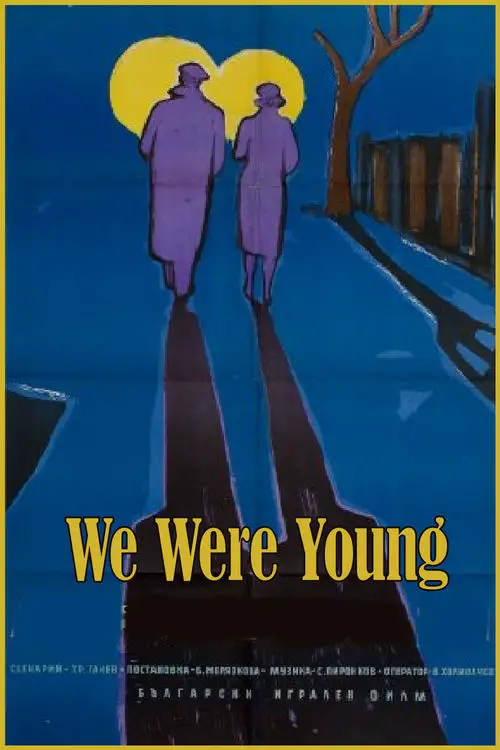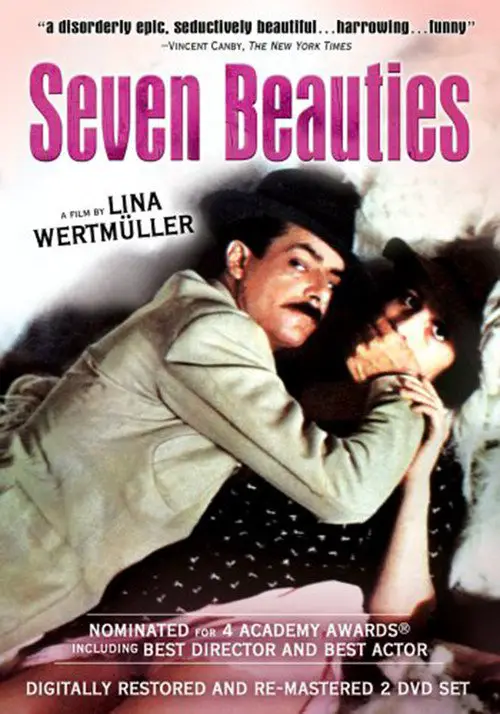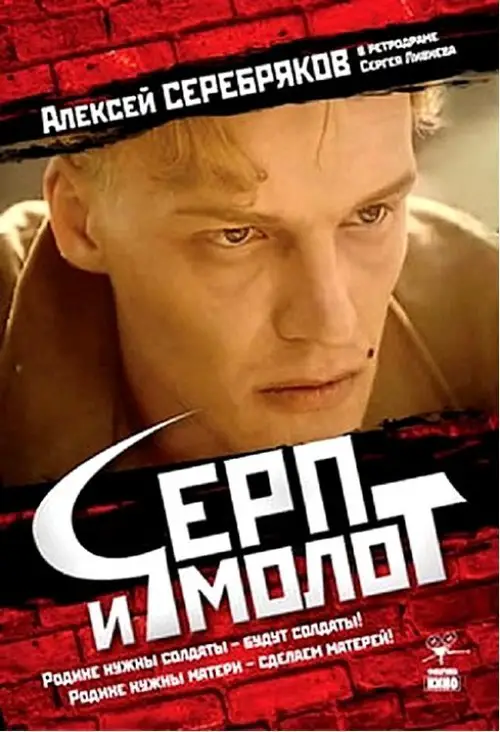The Antifascists (2017)
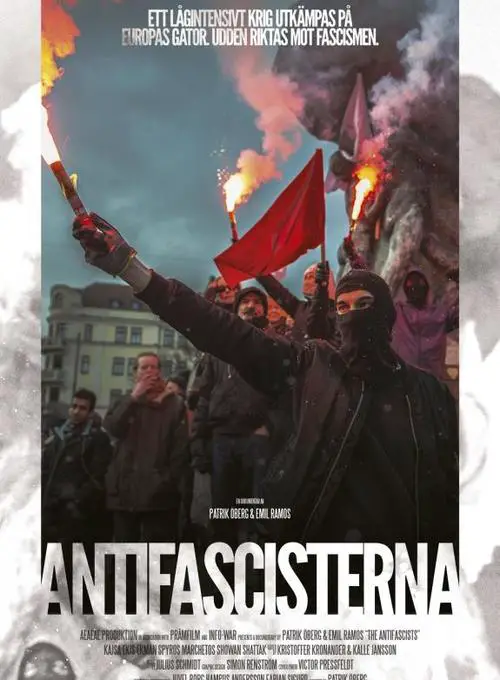
Similar movies
The film about Max Bill (1908-1994) moves between the dynamic fields of art, aesthetics and politics. Max Bill was probably the most important swiss artist of the 20th century and the most famous student to come out of the legendary Bauhaus in Dessau. He was an ardent anti-fascist and all his avant-garde work as an artist, sculptor, architect and typographer showed a social responsibility and environmental awareness right through his life. His views have become incredibly topical.
Veteran actors from the 3 Baltic countries - Estonia, Latvia and Lithuania - gather at a castle in Latvia to receive awards for their roles as Nazi villains in propagandist Soviet war films. They reminisce about the films that made them famous throughout the USSR, but also stigmatized the Baltic countries as Nazi sympathizers in the eyes of many Russians - a misconception that is nowadays exploited by the Russian media, desperate to label the Baltic countries as a fascist haven
FOREIGNERS OUT! SCHLINGENSIEFS CONTAINER is a thrilling, insightful, funny chronicle and reflection of one of he biggest public pranks and acts of art terrorism ever committed. Austria 2000: Right after the FPà under Jörg Haider had become part of the government, the first time an extreme right wing party became state officials after WW2, infamous German shock director Christoph Schlingensief showed a very unique form of protest. Realising public xenophobia and the new hate politics in the most drastic ways possible, he installed a public concentration camp right in the middle of Vienna's touristic heart, right beside the picturesque opera where hundreds of tourists and locals pass by daily. And it was no concentration camp you had ever feared to return from the old times, but one that cynically reflected our new multimedia culture. Satirising reality TV shows, "Big Brother" especially, a dozen asylum seekers were surveilled by a multitude of cameras, could be fed and watched by.
Germany in Autumn does not have a plot per se; it mixes documentary footage, along with standard movie scenes, to give the audience the mood of Germany during the late 1970s. The movie covers the two month time period during 1977 when a businessman was kidnapped, and later murdered, by the left-wing terrorists known as the RAF-Rote Armee Fraktion (Red Army Faction). The businessman had been kidnapped in an effort to secure the release of the orginal leaders of the RAF, also known as the Baader-Meinhof gang. When the kidnapping effort and a plane hijacking effort failed, the three most prominent leaders of the RAF, Andreas Baader, Gudrun Enslin, and Jean-Carl Raspe, all committed suicide in prison. It has become an article of faith within the left-wing community that these three were actually murdered by the state.
Masha Drokova is a rising star in Russiaâs popular nationalistic youth movement, Nashi. A smart, ambitious teenager who â literally â embraced Vladimir Putin and his promise of a greater Russia, her dedication as an organizer is rewarded with a university scholarship, an apartment, and a job as a spokesperson. But her bright political future falters when she befriends a group of liberal journalists who are critical of the government, including blogger Oleg Kashin, who calls Nashi a âgroup of hooligans,â and sheâs forced to confront the groupâs dirty â even violent â tactics.
The movie narrates the story of David Carr, an unemployed worker and member of the Communist Party of Great Britain. In 1936 he decides to fight for the Republican side in the Spanish Civil War, an anti-fascist coalition of liberals, communists and anarchists. Similar to George Orwell's experiences documented in Homage to Catalonia, he joins the POUM worker militia and witnesses first hand the betrayal of the Spanish revolution by the Stalinists, loyal only to the dictat of Moscow.
In the autumn of 1970, Juan, a Spanish poet living in Paris working for UNESCO, returns on vacation to his hometown, Burgos. The city is under heavy police and military surveillance due to the so-called Burgos process, a summary military trial against a group of ETA members and other militants against Francisco Francoâs regime.
This expansive Greek drama follows a troupe of theater actors as they perform around their country during World War II. While the production that they put on is entitled "Golfo the Shepherdess," the thespians end up echoing scenes from classic Greek tales in their own lives, as Elektra (Eva Kotamanidou) plots revenge on her mother (Aliki Georgouli) for the death of her father, and seeks help from her brother, Orestes (Petros Zarkadis), a young anti-fascist rebel.
Der Baader Meinhof Komplex depicts the political turmoil in the period from 1967 to the bloody "Deutschen Herbst" in 1977. The movie approaches the events based on Stefan Aust's standard work on Die Rote Armee Fraktion (RAF). The story centers on the leadership of the self named anti-fascist resistance to state violence: Andreas Baader, Ulrike Meinhof and Gudrun Ensslin.
The film is based on the memoir 'In the name of the People' by Mitka Grybcheva, an activist in the anti-fascist resistance. The action takes place during the WWII and reveals the sharp clash between police power and resistance forces, headed by the Communist Party of Bulgaria. This is a time when, 'in the name of the people', the fighters are setting up underground combat groups, which punish with death their political opponents. The film's characters are specially trained for the purpose young people, members of one such combat group. Against the background of their risky task, in the execution of which they have to pay with their own lives, every facet of their characters stands out. Faced with death they reveal their intimate worlds, their unrealized youthful impulses that have been sacrificed in the name of commands, disparate from the Ten Christian Commandments.
1944. Primo Arcovazzi a fanatic member of Brigate Nere (fascist organization) is in charge to bring an opponent to the regime, Prof. George Wilson, from Abruzzo to Roma. He accepted the mandate because of his wish to be upgraded to "Federale". They travel by a sidecar trough the disastrous Italy, near to the final collapse, under bombings and in agony. Nevertheless the bad situation, they manage to build up a kind of friendship. Primo, even if the signals of final destruction are near, doesn't lose his trust in the regime. The end is near.
The setting is the islands off the Dalmatian coast of Yugoslavia, during WW II. The islands are controlled by occupying Italian forces, and a resistence movement of Communists is dedicated to sabotaging and ending the occupation. When a wealthy young man joins the resistence, he falls in love with a woman who turns out to be a spy for the Italians. As a result of his liaison and her activity, they are both executed by a Communist comrade - a previous friend. The comrade is dedicated to the hard-line policies of the resistence, until he himself falls in love with the daughter of a bourgeois landowner on the island - a landowner who has collaborated with the Italians. Neither the Italian occupying army (one officer is shown in an attempted rape scene) nor the resistence fighters are stereotyped forces for good or evil, but all are equally subject to the dehumanizing effects of war.
In the midst of World War II, the battle below the seas rages. The Nazi's have the upper edge as the Allies are unable to crack their war codes. That is, until a wrecked U-boat sends out an SOS signal, and the Allies realise this is their chance to seize the 'enigma coding machine'. But masquerading as Nazi's and taking over the U-boat is the smallest of their problems..
Chaplin plays two totally opposite roles in his first "talkie," giving a superb display of his boundless talent for both inspired comedy and powerful drama. One of his masterfully drawn characters is a Jewish barber facing the constant threat of storm troopers and religious persecution. The other is the great dictator, Hynkel, a brilliant lampoon of Adolph Hitler that is awesome proof of Chaplin's pantomime genius. The movie's famous highlight comes in its final scene, when Chaplin steps out of character and addresses the camera with an eloquent plea for the triumph of reason and humanity over mindless militarism.
Paulino and Carmela are husband and wife, troubadours touring the countryside during the Spanish Civil War. They are Republicans, and with their mute assistant, Gustavete, they journey into rebel territory by mistake. They are arrested, fear a firing squad, and receive a reprieve from an Italian Fascist commander who loves the theatre. He arranges a performance for his troops, bargaining with Paulino to stage a burlesque of the republic in exchange for the actors' freedom. Will the fiery and patriotic Carmela consent?
Everybody Go Home (Italian: Tutti a casa) is a 1960 Italian film directed by Luigi Comencini. It features an international cast including the U.S. actors Martin Balsam, Alex Nicol and the Franco-Italian Serge Reggiani. Nino Manfredi was rejected for the starring role because Alberto Sordi wanted it.
In a world in which Great Britain has become a fascist state, a masked vigilante known only as "V" conducts guerrilla warfare against the oppressive British government. When "V" rescues a young woman from the secret police, he finds in her an ally with whom he can continue his fight to free the people of Britain.
The behind-the-scenes true life story of a groundbreaking producer, Milton Fruchtman, and blacklisted TV director Leo Hurwitz who, overcoming enormous obstacles, set out to capture the testimony of one of the war's most notorious Nazis, Adolf Eichmann, who is accused of executing the 'final solution' and organising the murder of 6 million Jews. This is the extraordinary story of how the trial came to be televised and the team that made it happen.
The film is set during the late 1930s: the occasion is the first meeting between Mussolini and Hitler. Left alone in her tenement home when her fascist husband runs off to attend the historic event, Sophia Loren strikes up a friendship with her homosexual neighbor Mastroianni. As the day segues into night, Loren and Mastroianni develop a very special relationship that will radically alter both of their outlooks on life.
Don Fabijan is a young priest who comes to serve on an unnamed small island in the Adriatic. In order to help increase birth rate on the island, he decides to pierce condoms before they are sold. He therefore teams up with the newsagent Petar and the pharmacist Marin. After they abolish all forms of birth control on the entire island, the consequences become more and more complicated.
JULIA covers the 1930s when Lillian attained fame with the production of her play "The Childrens' Hour" on Broadway. It centers on Lillian's relationship with her friend, Julia. It's a relationship that goes beyond mere acquaintance and one for which the word "love" seems appropriate. While Julia attends the University in Vienna, Lillian suffers through revisions of her play with her mentor and sometimes lover Dashiel Hammett. After becoming a celebrated playwright, Lillian is invited to a writers conference in Russia. Julia, having taken up the battle against fascism, enlists Lillian en route to smuggle money through Nazi Germany which will assist in the Anti-Fascist cause. During a brief meeting with Julia on this trip, Lillian learns that Julia has had a child which is called Lilly.
Vincent, a wealthy real estate agent, is invited to dinner by his sister Elizabeth and her husband Peter, both professors in Paris. Claude, a childhood friend and trombonist in a symphony orchestra, is also present. Vincent brings news from the prenatal examination of his and his wife Anna's unborn son. The name chosen by the soon-to-be parents strongly offends the others for many reasons. The dispute between the guests quickly escalates and before long the resurgence of old grudges and hidden secrets is unavoidable ...
The Nazis are clearly the villains in So Ends Our Night, but since the film was made before America's entry into World War II, Adolph Hitler goes unmentioned (we wouldn't want to lose those foreign markets, would we?) Based on Erich Maria Remarque's novel Flotsam, the film zeroes in on three German refugees. Frederic March despises the Nazis on ideological grounds; Margaret Sullavan, a Jew, is fleeing for her life; and Glenn Ford, born of a Jewish mother and Aryan father, is racked with confusion and torn loyalties. The three separate as they move from country to country in Europe, just a step or so ahead of the advancing Nazis. As Sullavan and Ford fall in love, March puts his life on the line by trying to arrange a reunion with his ailing wife Frances Dee, who has remained in Germany. Had So Ends Our Night been released a few months after the US entry into the war, it might have done better at the box office.
Casablanca is a classic and one of the most revered films of all time. Starring Humphrey Bogart and Ingrid Bergman in a love triangle in the city of Casablanca which is a refuge for many fleeing foreigners looking for a new life during the war. Political romance with a backdrop of war conflict between democracy and totalitarianism. A landmark in film history.
Me and Orson Welles is a period-drama film directed by Richard Linklater and starring Zac Efron, Christian McKay and Claire Danes. Based on Robert Kaplow's novel of the same name, the story, set in 1937 New York, tells of a teenager hired to star in Orson Welles' production of Julius Caesar, where he becomes attracted to a career-driven production assistant.
At the height of Hitler's infamous U-boat war, the crew of the U.S.S. Swordfish were heading home after months at sea. They never made it. Now prisoners of war aboard U-boat 429, a small group of American survivors will find their loyalties put to the ultimate test when they're forced to join their German captors to fight for their very lives.
'Dalla nube alla resistenza (From the Cloud to the Resistance ) (1978), based on two works by Cesare Pavese, falls into the category of History Lessons and Too Early, Too Late as well. It, too, has two partsâa twentieth-century text and a text regarding the myths of antiquity, each set in the appropriate landscape. Pavese's The Moon and the Bonfires looks back on the violent deaths of Italian anti-Fascist resistance fighters; Dialogues with Leucò is a series of dialogues between heroes and gods, connecting myth and history and returning to an ambiguous stage in the creation of distinctions, such as that between animal and human, which are fundamental to grammar and language itself. Such a juxtaposition of political engagement with profoundly contemplative issues such as myth, nature, and meaning points to the characters of Empedocles and Antigone in the Hölderlin films.' (From "Landscapes of resistance. The German Films of Danièle Huillet and Jean-Marie Straub" by Barton Byg)
Berlin, 1989. Sascha is a young East German border guard and Franzi is a lively young West German woman who's just moved into a flat next to Sascha's watchtower at the Berlin Wall. It takes only a slight mishap and a selfless act of chivalry and the two fall in love. But soon the Stasi believes they are witnessing the start of a revolt. This is the time of mass protests and East Germans taking refuge in the West German embassy in Prague after all. Franzi and Sascha have to find their ways to stand up for their love and strive for the impossible; to bring down the wall.
The fictionalized story of Daniel, the son of Paul and Rochelle Isaacson, who were executed as Soviet spies in the 1950s. As a graduate student in New York in the 1960s, Daniel is involved in the antiwar protest movement and contrasts his experiences to the memory of his parents and his belief that they were wrongfully convicted.
Men, women, and war. Jelena Panic is a young woman in Belgrade in the early 1990s, during Serbia's war with Croatia; she's making a book of her grandmother's diaries from the end of World War II. She takes up with Bogdan, a young soldier recovering from war wounds. He helps her with her grandmother's story, a tragic triangle involving her effete and well-educated husband and an uneducated major, a Chekist who has, perhaps, the power to save a political prisoner who is the grandmother's friend. As Jelena wonders which man was her grandfather (the Chekist or the husband), Bogdan recovers from his wounds and must decide whether to return to the front. Jelena pleads; duty calls.
1936, Italian army is invading Ethiopia. Lieutenant Silvestri suffering toothache decides to reach the nearest camp hospital. But the lorry has an accident and stop near a rock, so Silvestri continues by walk. On his way he meets and rapes a wonderful young Ethiopian. He also wound her when he shot to a wild animal, and later kills her to avoid further pain. When he finally reaches the hospital, he realizes he gets probably leprosy. Trying to escape from Ethiopia Silvestri will kill again. But surprises aren't still over.
East Germany. Summer, late 70's. Three years after her boyfriend Wassilij's apparent death, Nelly Senff decides to escape from behind the Berlin wall with her son Alexej, leaving her traumatic memories and past behind. Pretending to marry a West German, she crosses the border to start a new life in the West. But soon her past starts to haunt her as the Allied Secret Service begin to question Wassilij's mysterious disappearance. Is he still alive? Was he a spy? Plagued by her past and fraught with paranoia, Nelly is forced to choose between discovering the truth about her former lover and her hopes for a better tomorrow.
A World War II Hollywood propaganda film detailing the dark underside of Nazism and the Third Reich set between two brothers, Kurt and Erik Franken, whom are SS officers in the Nazi party. Kurt learns and exposes the evils of the system to Erik and tries to convince him of the immoral stance that marches under the symbol of the swastika.
Hovering Over the Water (English title). Laura Rossellini, a widow from Rome, vacations on the Algarve coast one hot summer. One day while sunbathing, she finds a wounded man named Robert drifting in the surf on a rubber raft. She takes him home, and, after he is revived, learns his story. As they talk, their mutual attraction grows, until a group of armed men suddenly arrives looking for Robert.
Nominated for four Academy Awards including Best Director, Seven Beauties stars Giancarlo Giannini (Swept Away) as Pasqualino Frafuso, known in Naples as "Pasqualino Seven Beauties." A petty thief who lives off of the profits of his seven sisters while claiming to protect their honor at any cost, Pasqualino is arrested for murder and later sent to fight in the army after committing sexual assault. The Germans capture him and he gets sent to a concentration camp where he plots to make his escape by seducing a German officer.
© Valossa 2015–2026
| Privacy Policy
